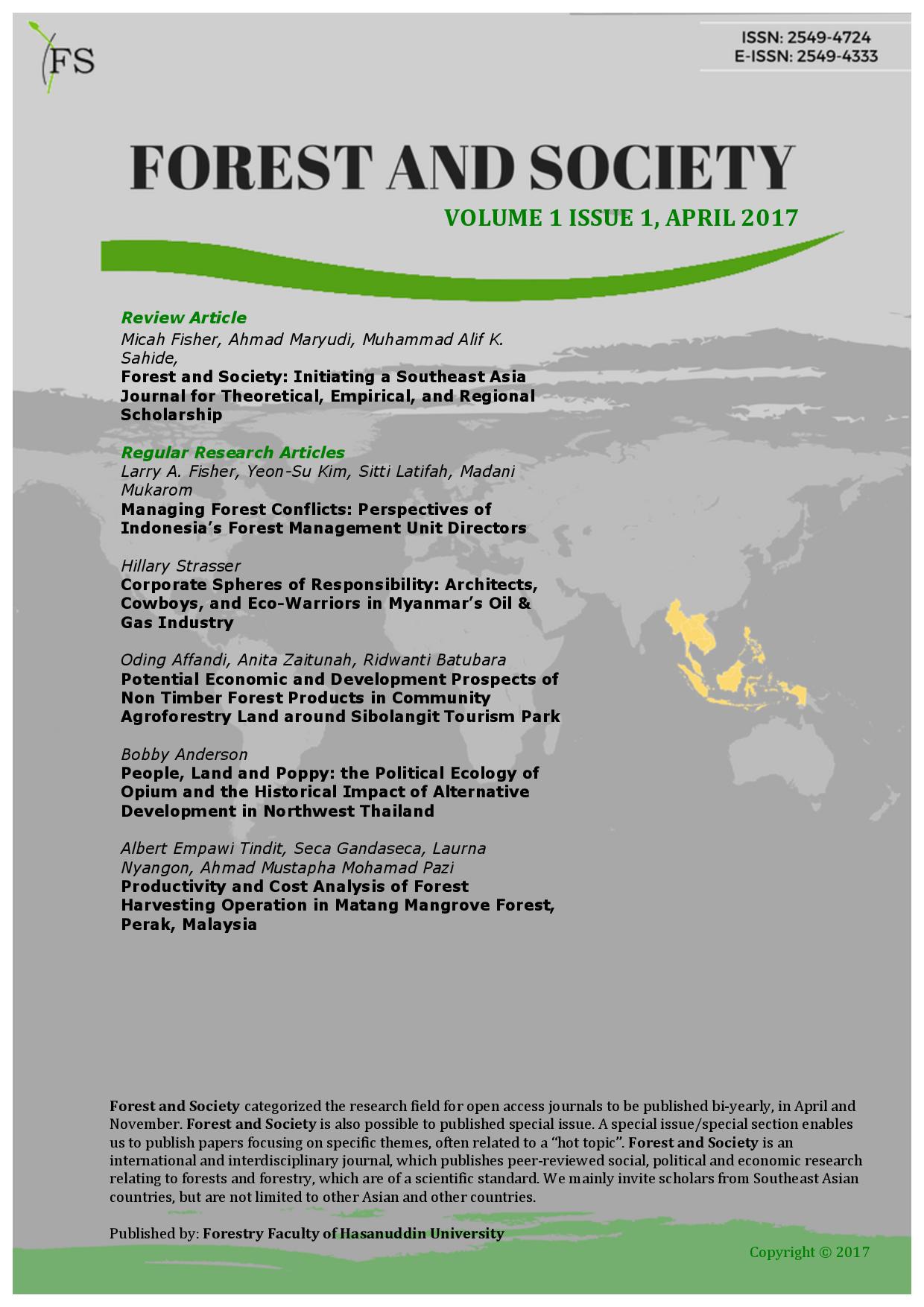Among the Dayak people in East Kalimantan, simpukng (forest gardens) are an important component of their traditional farming systems. Simpukng is managed secondary forests in which selected species of fruits, rattan, bamboo, timber and other plants are planted. While most are owned by families and passed down from one generation to the next, some are managed on a communal basis. Complex customary Dayak rules exist that control the use and inheritance of these forests that help to avoid over-exploitation of resources. There is clear gender division of labour among Dayak in the management of simpukng that provide a range of products for household consumption and sale and for customary rituals fruits, vegetables, medicines, fire wood, honey, rattan, bamboos, and timber. Local knowledge about the more highly valued species are discussed. These indigenous forest garden systems are currently under threat from large-scale mining and logging activities; conflicts between local and external agencies are unfortunately frequent. This paper examines the development and management of simpukng in four Dayak villages in East Kalimantan and their implications on sustainable management of natural resources, with particular emphasis on the role of local knowledge of some of the more highly valued species and the current challenges faced by these communities in maintaining their traditional agroforest management practices.
DOI:
https://doi.org/10.1016/j.foreco.2009.01.042
Altmetric score:
Dimensions Citation Count:
























